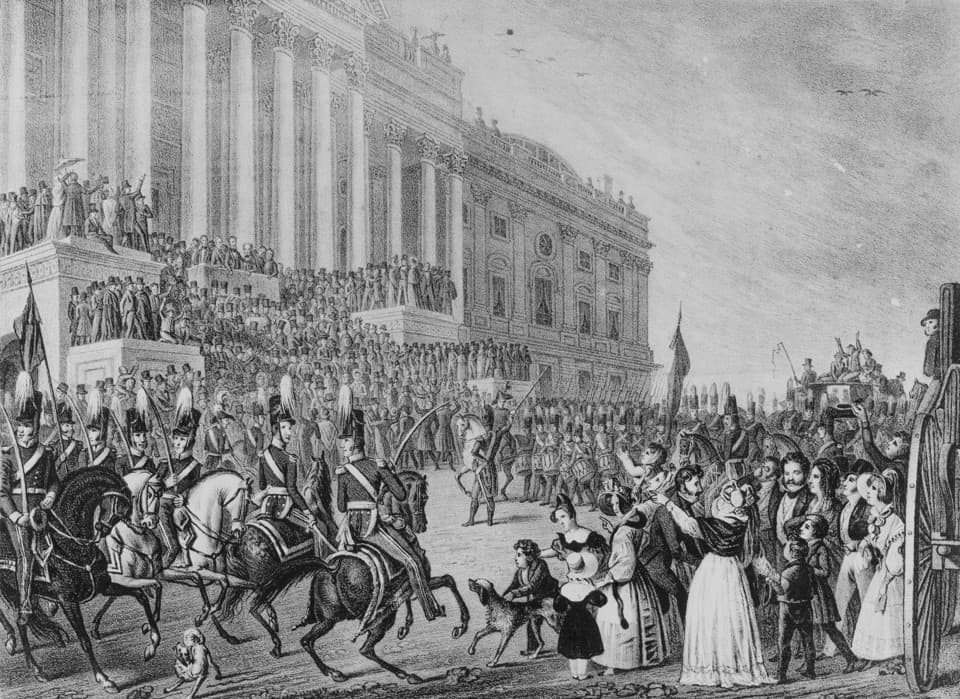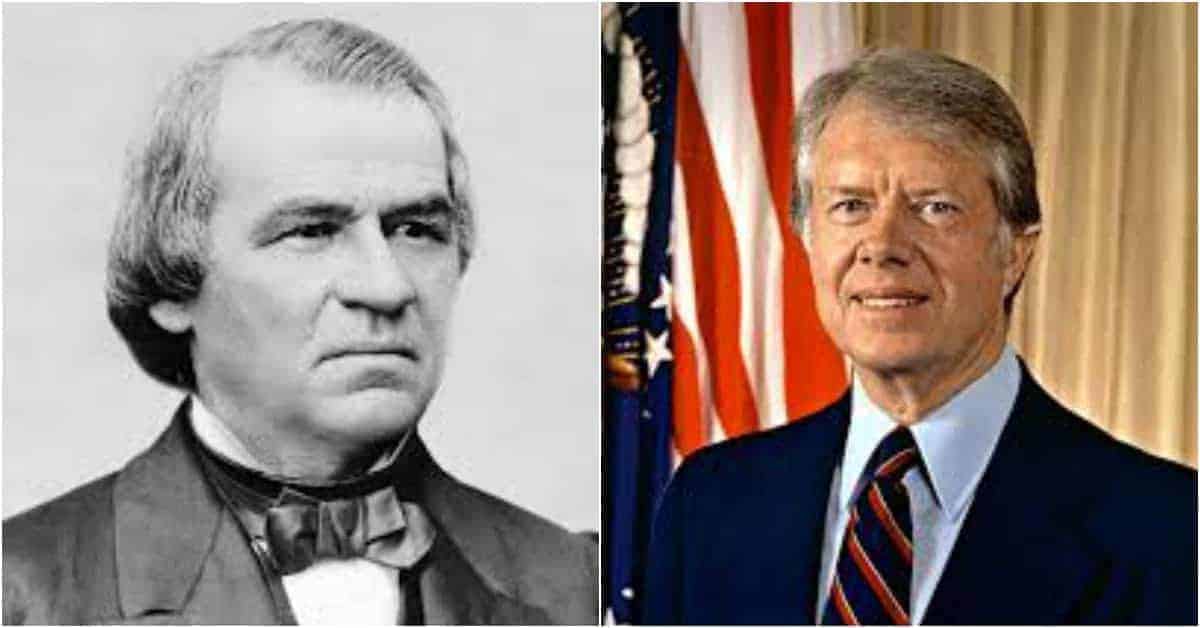Plato once wrote that we should be suspicious of persuasive speakers. He was in a perfect position to judge. Throughout the late fifth century, his native city of Athens had been ravaged by the Peloponnesian War, an ill-advised yet eagerly fought conflict with Sparta spurred on by a succession of persuasive Athenian orators.
The susceptibility of the people (or demos) to fall for these orators’ powers of persuasion instilled in Plato — and subsequent philosophers — an inherent distrust in the power of rhetoric. This leads to an important question: what constitutes a good (or for that matter bad) political speech?
Lincoln’s Gettysburg Address is often held up as the gold standard of American oratory: combining rhetorical flair with emotional appeals which critically engaged his listeners with questions about their national identity. Fast-forward 60 years or so and you have a more universally famous, though much more controversial, example: Hitler’s Nuremberg Speeches.
You don’t need to be fluent in German to grasp their magnetic, demagogic, and palatably chilling allure. But judge them on their result, and they were undisputedly catastrophic: rallying a beleaguered but bellicose nation to a war that ultimately cost of millions upon millions of lives. How Plato had a point. How history repeats.
If we assume that a good speech must be emotionally engaging, rhetorically proficient and lead to good outcomes, then a bad speech must, by definition, be flat, garbled and publicly damaging either for the speaker or for the cause they’re seeking to promote. Here are eight examples that firmly fit into the second category.
William Henry Harrison’s Presidential Inauguration Address
Oratory might not be an exact science, but it has a number of essential components. Content is the most obvious one. Engaging, popular and relevant, a good speech captures the zeitgeist of its time. Just as important as the content is its delivery — not just the natural charisma of the speaker but also their ability to sprinkle their speech with rhetorical flair.
Then there’s the location. A good speech will ideally take place in a setting of some symbolic relevance which, even in the worst weather conditions, isn’t too demanding on its audience. Where William Harrison’s inauguration speech is historically exceptional is that it failed on every single one of these accounts.

On March 4, 1841, President William Henry Harrison delivered what many consider to be the worst inaugural address in history. Amounting to 8,445 words, twice the length of this article, the speech took Harrison an hour-forty-five minutes to deliver. Nor did it engage. The address took the shape of a tired exposition on the role of government, glued together by vague and uninspiring anecdotes from Greco-Roman history. The overall effect seemed more like a poorly planned school lecture than an inaugural presidential address.
Ultimately the speech spelt death: not just of Harrison’s reputation as a public speaker but of the poor president himself. Without wearing a coat or hat, the 68-year-old delivered his address during a raging snowstorm, after which he then took up position outside the White House so he could greet well-wishers throughout the evening and attended several events. All of this proved too much for Harrison and 32 days later he succumbed to pneumonia. Earning William Henry Harrison the dubious historical distinction of delivering the longest presidential inaugural speech while holding the shortest term in office.

